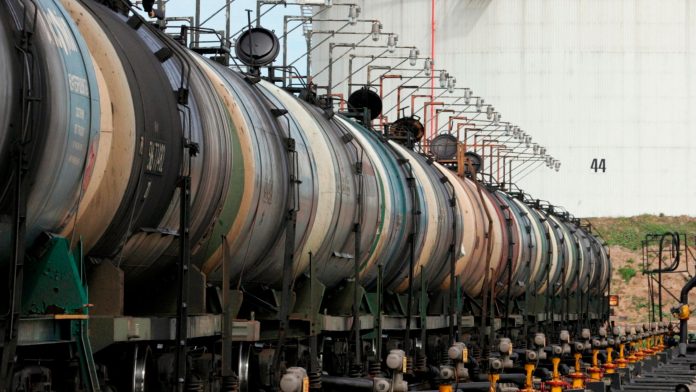During a briefing provided to the caretaker Prime Minister, Anwaar-ul-Haq Kakar, on the potential impact of using Russian crude oil on petroleum (POL) prices in Pakistan, the Petroleum Division shared some key findings. They revealed that the advantages of using Russian crude oil appear to be relatively modest, with a projected reduction of just Re1 per liter for both petrol and diesel.
The Petroleum Division highlighted two significant challenges associated with importing Russian crude oil. First, there is a substantial transportation period of 30 to 36 days required for the oil to reach Pakistan. Second, when refining Russian crude, approximately 60 percent of the output consists of furnace oil, which must be exported at 75 percent of the crude’s value, resulting in a 25 percent financial loss.
It’s worth noting that only Pakistan Refinery Limited (PRL) has expressed a willingness to refine Russian oil. If PRL remains the sole refinery involved in this process, consumers can anticipate only a Rs1 reduction in the price per liter of petrol and diesel.
However, if both PARCO and NRL (National Refinery Limited) jointly engage in refining Russian oil, the potential benefit could increase to Rs3 per liter, depending on the volume of Russian crude imported. This optimism is based on the expectation that PARCO’s more modern facilities could enhance the yield of Russian crude and reduce furnace oil production to some extent. Nevertheless, both PARCO and NRL have declined to take on the responsibility of refining Russian oil.
Furthermore, it’s important to note that Russia has decreased the discount on Platt prices for its crude oil, lowering it to $5 per barrel from the previous range of $15 to $20 per barrel. Additionally, the cost of Russian oil has surpassed the cap price of $60 per barrel set by G7 countries, which could potentially lead to payment issues if imported above this price cap.
Pakistan Refinery Limited (PRL), despite being an older refinery, did experiment with processing heavy Russian crude (URAL) for a period of approximately three months. They used a strategy involving a blend of 45 percent URAL, 45 percent Middle Eastern crude, and 10 percent local crude during this trial period.


